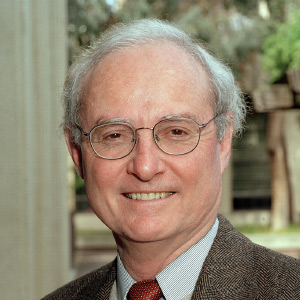On Dec. 2, Venezuelans will be asked to vote on a whopping 69 constitutional amendments that would greatly reduce the country’s democratic governance, strip citizens of still more individual liberties and thus expand President Hugo Chavez’s power even beyond what it is today. The sad reality is that voters will probably approve the amendments, as Chavez’s opponents have been bumbling around, discredited, disorganized and intimidated.
The vote will be bad not only for Venezuela but for the rest of Latin America. Chavez-style demagogues—Chavistas—are taking control throughout the region, persuading frustrated voters to jettison their often unresponsive democratic governments for the promise of something better, even if that something is a populist dictatorship.
Chavez already has assumed some of the powers he wants legitimized in the upcoming referendum. Approving the changes will merely legalize what is already in place and further reduce the options and safeguards available to those who disagree with him and his vision of “21st century socialism.”
One of the most disturbing ballot items would allow Chavez to run for president as often as he wishes and make it more difficult for voters to recall a president. He could become, in effect, president for life. Other ballot items would give Chavez greatly expanded control over the country’s state and regional governments, its central bank and its international monetary reserves, and would extend his authority to expropriate private property.
Other ballot measures would increase presidential authority to declare and maintain a “state of emergency” for as long as the government deems necessary and significantly curtail the financial privileges of human rights groups, the media and other nongovernmental watchdog organizations. Still another dangerous ballot item would transform Venezuela’s military from a conventional armed force intended to protect the people into a “patriotic and anti-imperialist” armed force intended to support the socialist revolution.
Why would Venezuelans vote to curtail their own liberties like this? First, because the people remember that previous governments failed to serve popular interests, while Chavez promises them perks, such as six-hour workdays, and redress of their grievances against domestic and foreign oppressors, including the United States.
Self-destructive voting also can be understood in the context of the region’s centuries-old Indian-Iberian culture, which historically stresses a paternalistic relationship between rulers and people, even if this paternalism in reality serves the wishes of the few over the needs of the many.
Today, Chavez has vast oil revenues, however badly managed, with which to fund popular programs and finance his country’s deteriorating economy and rampant corruption. In time, those who support Chavez will learn that his socialism is nothing but a rehash of the elite-serving, stingy populism of the past. But with oil prices still rising, that day of reckoning may be years away.
There is one decisive difference between the democracy that opened the door to Chavez and the new system Chavez is building. While the former increasingly failed many or most in the country, its leaders could be—and finally were—voted out of power in reasonably honest, contested elections.
By the time Chavez’s supporters realize they’ve been sold a bill of goods, they may find themselves living under a system that allows no more freedom to choose than Fidel Castro has allowed in Cuba over the last half-century.
The Venezuelan experience demonstrates clearly that when voters’ perspectives are incomplete and their passions are ripe for manipulation, popular democracy may not serve their interests, but instead may lead to their virtual enslavement. Venezuelans can still block this steamroller by rejecting the reforms. If they don’t, by the time they wake up, it may be too late.








